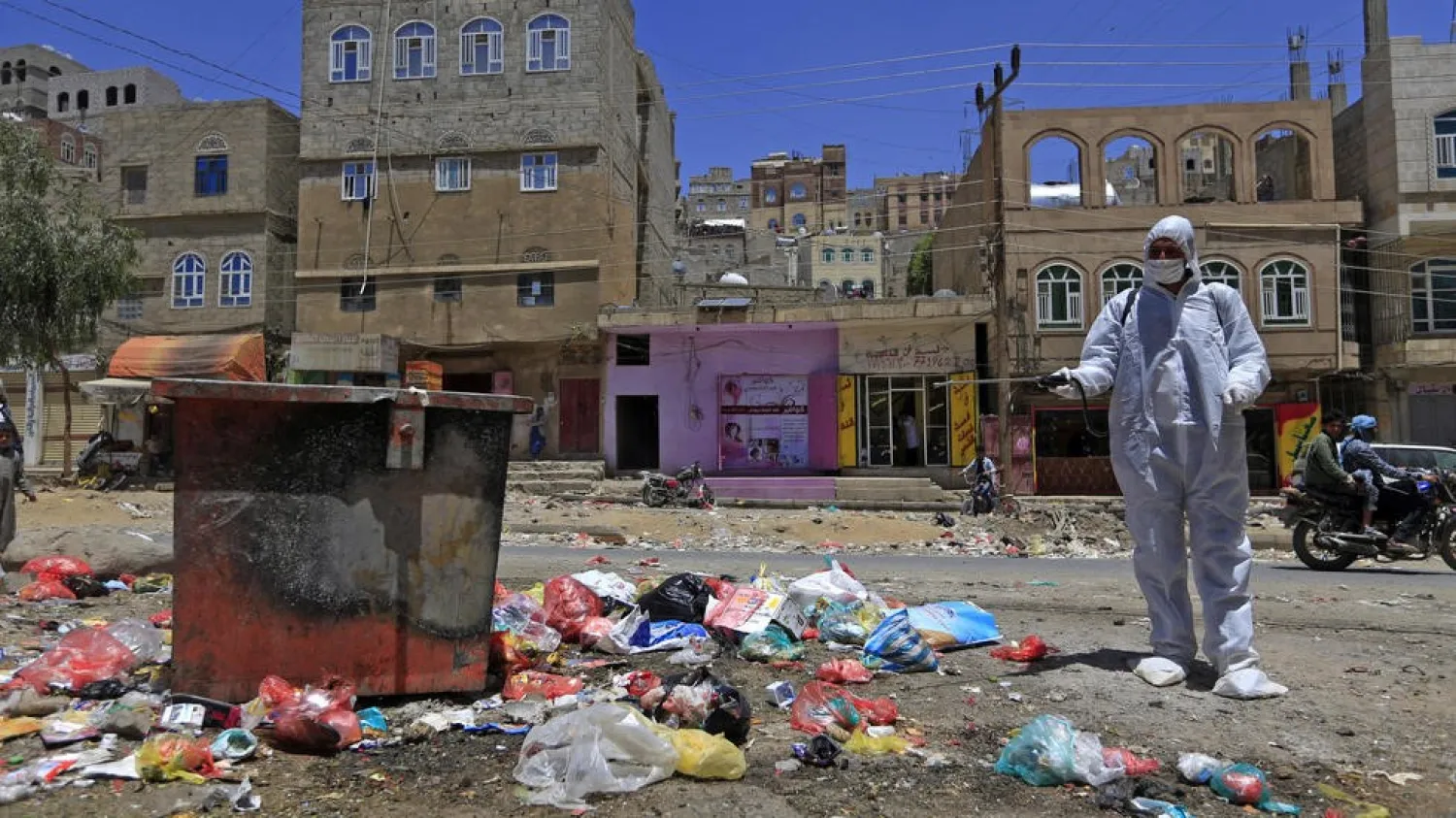Houthi militias have eluded abiding by a one-month ceasefire announced earlier this month by the legitimate government in Yemen by escalating their military attacks in Al Jawf, Bayda, and Maarib provinces.
The head of the Houthi Supreme Political Council Mahdi Al-Mashat ordered Friday the deployment of additional fighters at the Yemeni fronts and called on merchants to pay more zakat.
Early in April, the Riyadh-led military coalition fighting Houthi rebels has declared a two-week ceasefire in the country in a bid to combat the spread of the coronavirus.
On Friday, British Foreign Secretary Dominic Raab wrote on his Twitter account that the announcement by Saudi Arabia of a month-long extension to its unilateral ceasefire in Yemen helps create the conditions for a negotiated, political solution to this conflict. The Yemeni parties need to work with Yemen’s envoy Martin Griffiths to grasp this opportunity.
Meanwhile, sources told Asharq Al-Awsat that some mosque preachers, loyal to the militias, were calling on worshipers to send their sons to Houthi military camps and to donate money for the military efforts.
“The insurgent militia asked its leaderships in the provinces surrounding Sanaa to prepare 2,000 recruits for later sending them to the fighting fronts in Maarib and Al Jouf,” the source said.
Observers believe that the pro-Iranian militia would not deescalate its fighting or even accept the new ceasefire.
On Friday, spokesman for the coalition forces, Colonel Turki al-Maliki affirmed that the coalition leadership decided to extend the ceasefire for a month starting from April 23, 2020, based on its previous declaration of a two-week ceasefire and at the request of Griffiths to establish to allow the warring parties to make progress in negotiations on a permanent armistice.
The Saudi Press Agency SPA quoted Maliki as saying that the decision came to allow the parties to the conflict to agree on the most important economic and humanitarian measures to resume the political process.
Houthis did not comment on the Coalition’s extension of the ceasefire.
Instead, the militia claimed on Friday that its fighters had fully seized the al-Labinat military camp from the Yemeni official army in the northern governorate of al-Jawf.









